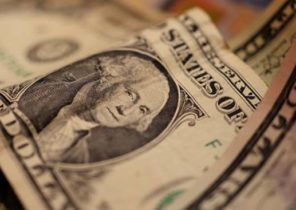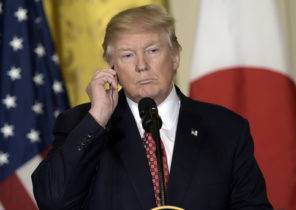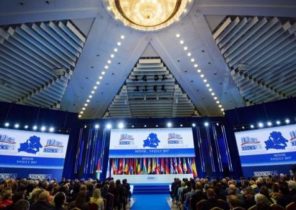CLAREMONT (CALIFORNIA, USA) — Chinese diplomats have long had the reputation of a well-prepared, a colorless and cautious professionals, who are trying hard to fulfill its mission, without attracting unnecessary negative attention. However, the new case more of young diplomats has decided to break with the established diplomatic norms for active promotion of the China best ideas about сovid-19. It’s called diplomacy “fighting wolves” — and it hits him like a boomerang.
On the eve of the crisis covid-19, foreign Minister Wang Yi gave new instructions to the diplomatic corps of the country to take a more assertive approaches for the protection of the interests and reputation of China abroad. Pandemic — whose scale would be much smaller if not for the mistakes of local authorities of Wuhan city in its first stages, gave them an ideal opportunity to implement this Directive in life.
This is what Chinese diplomats were engaged. For example, in mid-March, the newly appointed Deputy of the official representative the Ministry of foreign Affairs Zhao Lijiang began to promote a conspiracy theory, which claimed that the new coronavirus brought in Wuhan, the first epicenter of the pandemic, the us military.
And in early April, the Ambassador of China in France has published a series of anonymous articles on the website of its Embassy, which falsely claimed that in this country the elderly victims of the virus left to die alone. Also in April, when Australia joined the US calls for an international investigation of the origin of the pandemic, the Chinese Ambassador in Canberra immediately threatened with boycotts and sanctions.
However, unlike the fictional agents of the special forces of the popular Chinese action, after which they are called Chinese diplomatic “fighting wolves” did not receive any awards for their reckless, confrontational style. Their actions have not improved the international image of China and not comforted are those who blame their country in a pandemic. On the contrary, they undermined the credibility of China led to the alienation of those countries which he wished to attract to his side.
Why is needed to change attitudes? One of the reasons is the current Chinese historical uncertainty (its roots lie in the so-called “century of humiliation”) and heady arrogance caused huge economic and geopolitical influence of the country. The Chinese leadership is so eager to gain respect, which, in his opinion, deserves guided the country and became extremely sensitive to criticism and immediately begins to threaten economic coercion, if any country dare to challenge him.
Another reason is the emphasis of the current regime for political loyalty. In extreme centralization of governance under the rule of President XI Jinping, Chinese diplomats began to be evaluated depending on the quality of performance of their professional duties, and how faithfully and loudly they support the party line. An example of this was last year’s appointment: Qi Yu, apparatchik and propagandist, with no foreign-policy experience and his education, he became party Secretary of the Ministry of foreign Affairs, although traditionally, this important post was held by an experienced diplomat.
When aggressively pushing the propaganda of the Communist party of China becomes a question of professional survival, the diplomats will have to do it, even if they understand that it is counterproductive (and probably many understand it). And, of course, they will try to convince their political masters to change course. Diplomats run the risk to pay dearly for conscientious dissent, but they are clearly not facing any consequences (from criticism in the official media to demotion or dismissal) for the destructive loyalty. When the aggressive propaganda of the CPC views leads to negative results, it is, as they say in the party, the problem is with tactics, not with the “political line”. If you punish loyal diplomats over “tactical mistakes”, then they are less willing to fulfil the CCP’s dirty work in the future.
All this logic eliminates any incentives for more moderate approaches diplomats and offers them a convenient excuse for the failures. Thereby, it establishes a bad policy. The situation is compounded by the fact that China has no free press and political opposition, that would highlight the failures of this method of fighting wolves. Unlike Western diplomats, diplomats of China do not have to fear ridicule or criticism by society. For them it is only important what they say their bosses and the bosses want to combat the wolves.
This is a mistake. In a time when the reputation of China suffered and the country’s relations with the US are in free fall, Chinese diplomats should focus on the demonstration of differences between Chinese foreign policy from the policies of U.S. President Donald trump.
It is the trump recklessly spreading conspiracy theories and aggressive responds with threats and sanctions for any signs of disrespect. It is the trump silly alienates friends and partners, and cultivating a mutually beneficial relationship. And that militant persistence trump the idea of the superiority of his country have weakened its international standing and harm its interests.
China’s leadership needs to understand this better.







